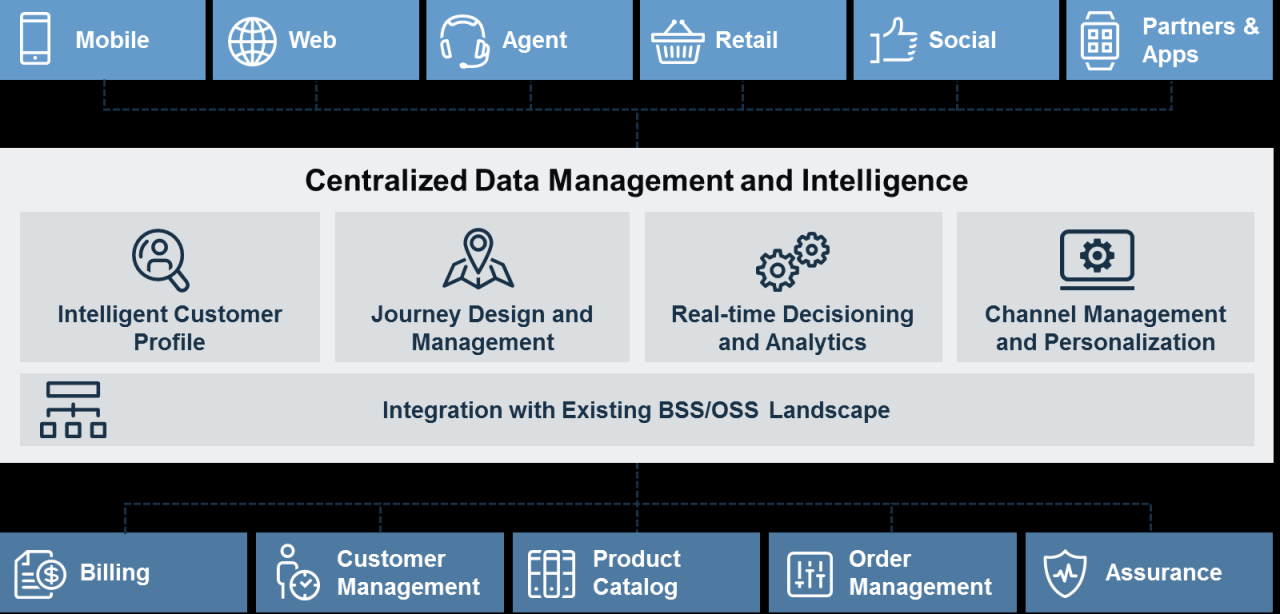
Customer experience is a key factor in the success of any business. In today's digital age, customers expect personalized and seamless experiences across all touchpoints. Big data analytics offers businesses a powerful tool for improving the customer experience. In this article, we'll explore how businesses can leverage big data analytics to improve customer experience.
What is Big Data Analytics?
Big data analytics is the process of analyzing large datasets to uncover insights and trends. Big data analytics tools can process vast amounts of data from a variety of sources, including social media, customer transactions, and website interactions. By analyzing this data, businesses can gain valuable insights into customer behavior, market trends, and operational efficiency.
How Big Data Analytics Can Improve Customer Experience
Big data analytics can help businesses improve the customer experience in a number of ways:
- Personalization
Big data analytics can help businesses personalize the customer experience by analyzing customer data to identify preferences and behaviors. By analyzing data on customer behavior and preferences, businesses can create personalized marketing messages and tailor products and services to individual needs.
- Omnichannel Experience
Big data analytics can help businesses deliver a seamless omnichannel experience for customers by analyzing data from multiple touchpoints. By analyzing data on customer interactions across different channels, businesses can create a cohesive and seamless experience for customers, regardless of the channel they use.
- Improved Customer Service
Big data analytics can help businesses improve customer service by analyzing customer data to identify pain points and areas for improvement. By analyzing data on customer interactions with customer service teams, businesses can identify patterns and trends that can inform training and process improvements.
Examples of Big Data Analytics Improving Customer Experience
There are many examples of businesses using big data analytics to improve customer experience:
- Netflix
Netflix uses big data analytics to personalize the customer experience by analyzing data on customer viewing habits and preferences. By analyzing this data, Netflix can recommend relevant content to individual users, leading to a more engaging and personalized experience.
- Amazon
Amazon uses big data analytics to deliver a seamless omnichannel experience for customers by analyzing data from multiple touchpoints. By analyzing data on customer interactions across different channels, Amazon can create a cohesive and seamless experience for customers, regardless of the channel they use.
- Starbucks
Starbucks uses big data analytics to improve customer service by analyzing data on customer interactions with customer service teams. By analyzing this data, Starbucks can identify patterns and trends that can inform training and process improvements, leading to a better customer service experience.
Challenges of Big Data Analytics in Improving Customer Experience
While big data analytics offers many benefits for improving customer experience, there are also challenges that need to be addressed:
- Data Privacy and Security
Data privacy and security are major concerns when it comes to big data analytics. Businesses need to ensure that they are collecting and storing data in a secure and ethical manner.
- Data Quality
Data quality is a challenge in big data analytics. Ensuring that data is accurate, complete, and consistent can be difficult, especially when dealing with large volumes of data from multiple sources.
- Ethics and Bias
Finally, there is a need to address ethical concerns and bias in big data analytics. The algorithms used to analyze data could be biased or lead to unintended consequences, such as discrimination or misinformation.
Conclusion
Big data analytics offers businesses a powerful tool for improving the customer experience. By analyzing customer data, businesses can personalize the customer experience, deliver a seamless omnichannel experience, and improve customer service. However, businesses need to address challenges around data privacy and security, data quality, and ethics and bias to fully realize the benefits of big data analytics. As businesses continue to integrate big data analytics into their practices, it is important that they prioritize transparency, accountability, and the well-being of their customers and society as a whole.